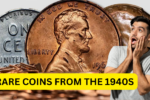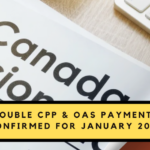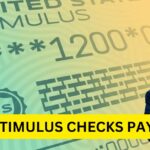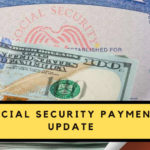If you’ve ever thought about the loose change lying around in your home, now might be the time to give it a second look. Some coins minted after the year 2000 are worth far more than their face value, and they could fetch you a tidy sum at auctions.
In the Published article by Yahoo Finance, Whether you’re a casual collector or just someone curious about your coins, this guide will help you spot some valuable treasures.
Coins You Should Look For
1. 50 State Quarters (1999-2008)
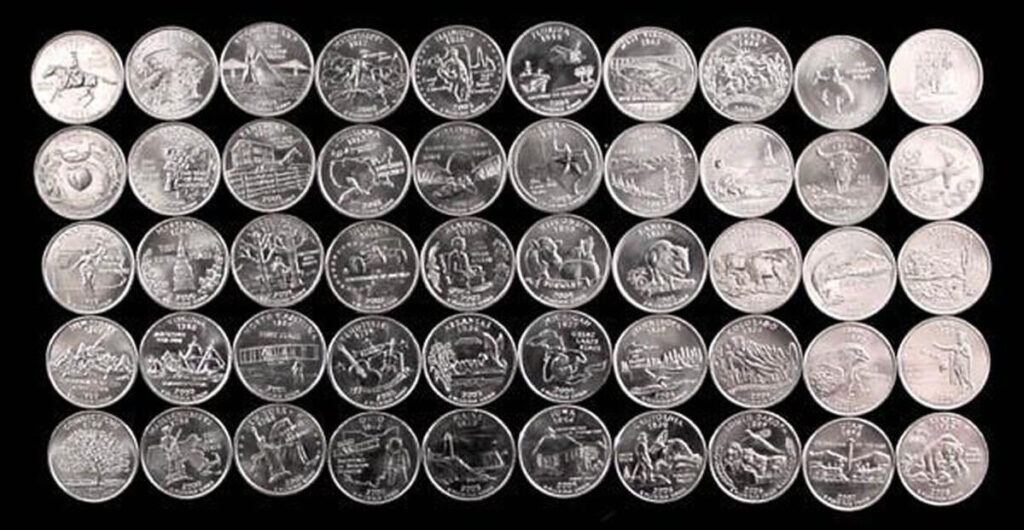
This iconic series of coins features designs representing each U.S. state. Quarters from the year 2000, such as those from Massachusetts, Maryland, South Carolina, New Hampshire, and Virginia, are particularly sought after. These coins showcase the rich history and heritage of the United States, making them a favorite among collectors.
2. High-Value Mint State Coins
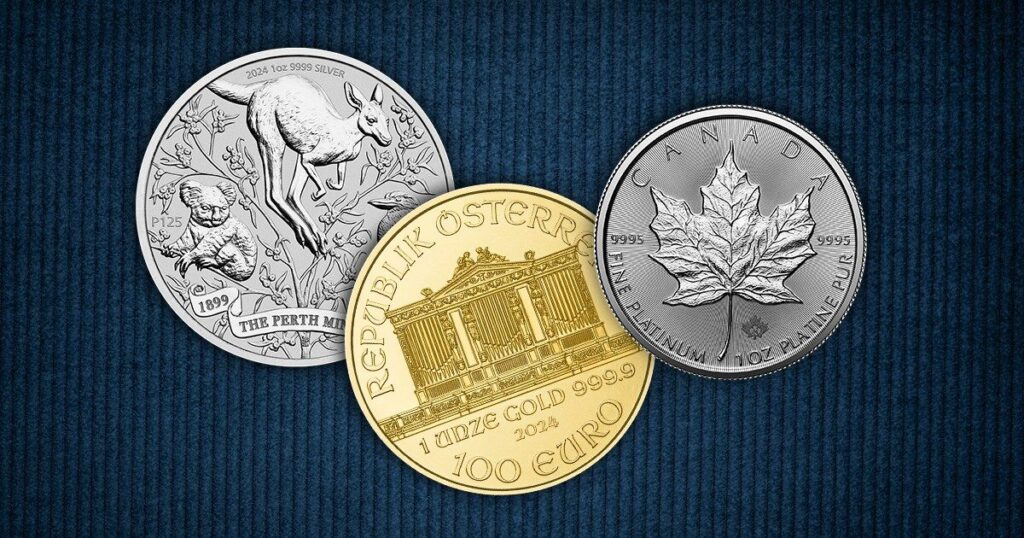
The condition of a coin plays a huge role in determining its worth. Collectors often prefer coins in mint or uncirculated condition, known as Mint State (MS). Coins graded between MS60 and MS70 are highly prized, with MS70 being the perfect grade. Here are some examples of valuable coins and their auction prices:
- Massachusetts 2000-P (Philadelphia Mint) MS69: Sold for $3,760
- Maryland 2000-P MS65: Sold for $1,495
- South Carolina 2000-P MS69: Sold for $3,525
- New Hampshire 2000-D (Denver Mint) MS68: Sold for $633
- Virginia 2000-P MS68: Sold for $400
3. Error Coins
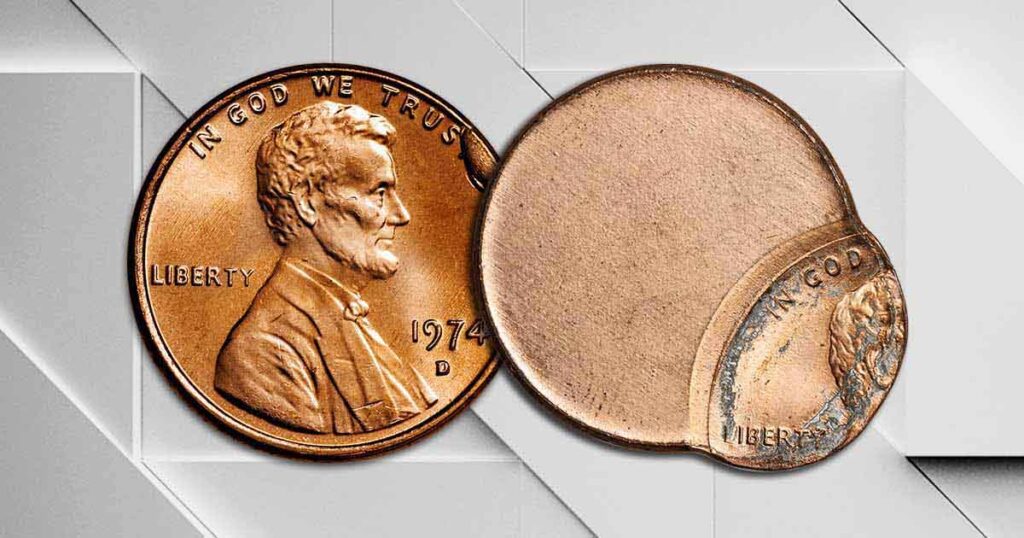
Mistakes during the minting process can make a coin extremely rare and valuable. Coins with errors such as double-strikes, off-center designs, or incorrect inscriptions are highly collectible. For instance, a coin with a double-struck image could command a premium price at auction.
What Makes a Coin Valuable?
Several factors contribute to a coin’s value:
- Rarity: The fewer coins available, the higher their value.
- Condition: Mint State or uncirculated coins are more valuable than those showing wear and tear.
- Errors: Coins with minting mistakes are rare and often fetch higher prices.
- Demand: Popular designs or historical significance can drive up a coin’s worth.
How to Identify Valuable Coins
- Inspect Your Coins: Check the year, mint mark, and overall condition.
- Look for Errors: Any unusual features, such as double images or misaligned designs, could indicate an error coin.
- Get an Appraisal: Professional coin grading services, like the Professional Coin Grading Service (PCGS), can evaluate your coins and provide a certification that increases their value.
Tips for Aspiring Collectors
- Keep Your Coins Safe: Store them in protective cases to prevent damage.
- Research Before Selling: Auction prices vary, so understanding market trends is key.
- Join Collector Groups: Engaging with other collectors can provide valuable insights and resources.
Don’t Overlook Other Currency
While quarters from the year 2000 can be lucrative, other coins, such as rare pennies or two-dollar bills, might also have hidden value. Broadening your search could lead to even more discoveries.
Conclusion
Whether you’re a seasoned collector or a beginner, checking your loose change could lead to a surprising payday. From state quarters to error coins, modern currency can hold incredible value. So, take a closer look at your coins today—you never know what treasures you might find.
This article has been carefully fact-checked by our editorial team to ensure accuracy and eliminate any misleading information. We are committed to maintaining the highest standards of integrity in our content.
Premlata is a seasoned finance writer with a keen eye for unraveling complex global financial systems. From government benefits to energy rebates and recruitment trends, she empowers readers with actionable insights and clarity. When she’s not crafting impactful articles, you can find her sharing her expertise on LinkedIn or connecting via email at biswaspremlata@gmail.com.

